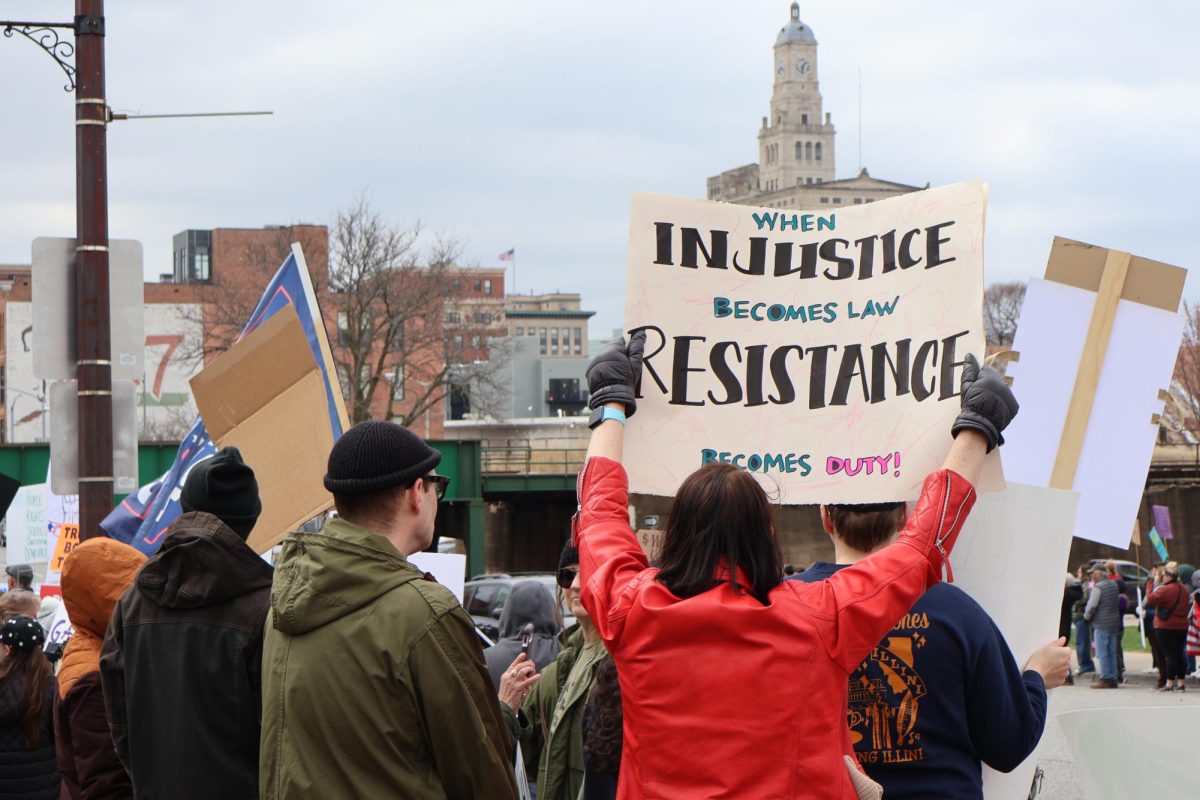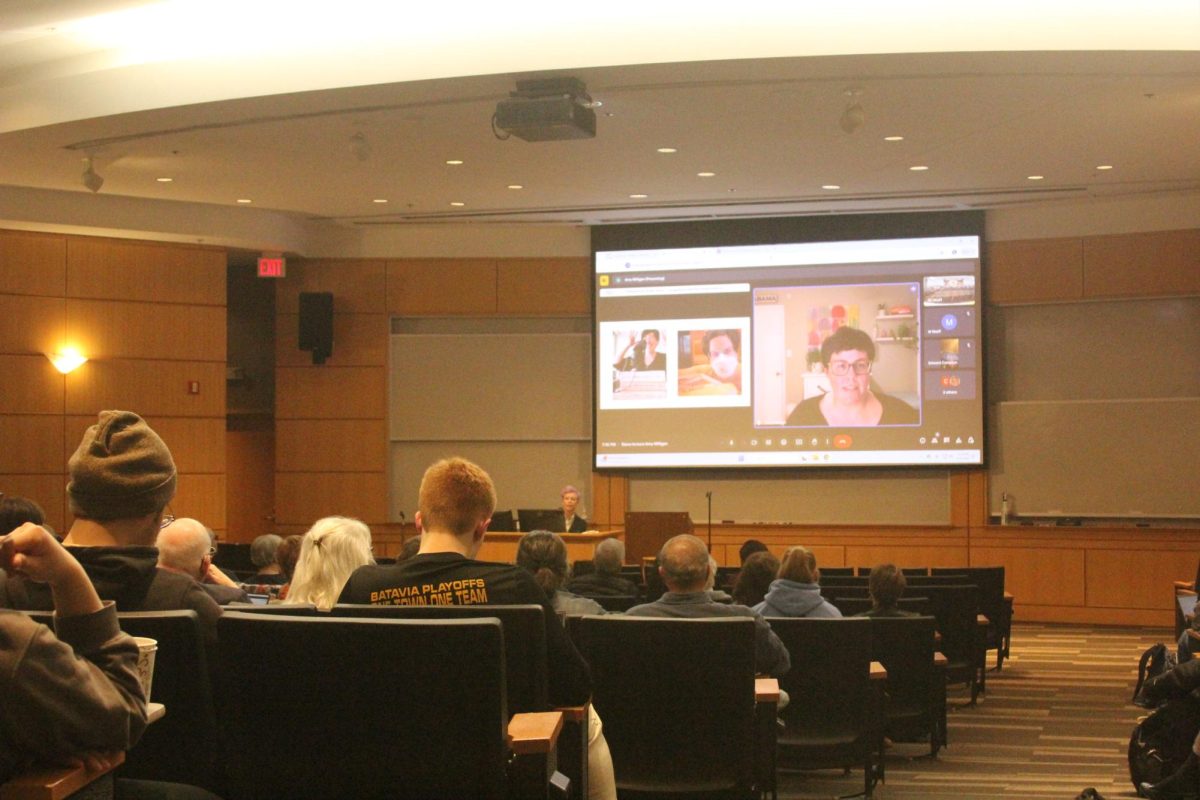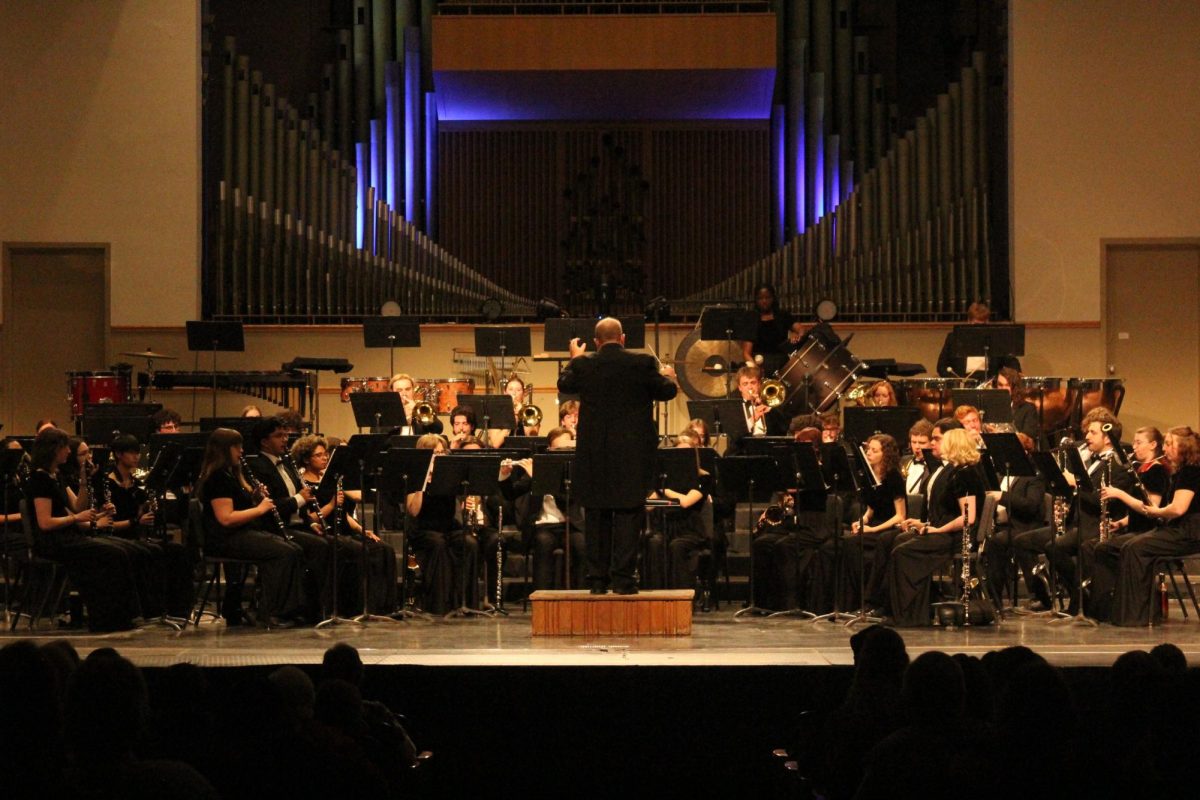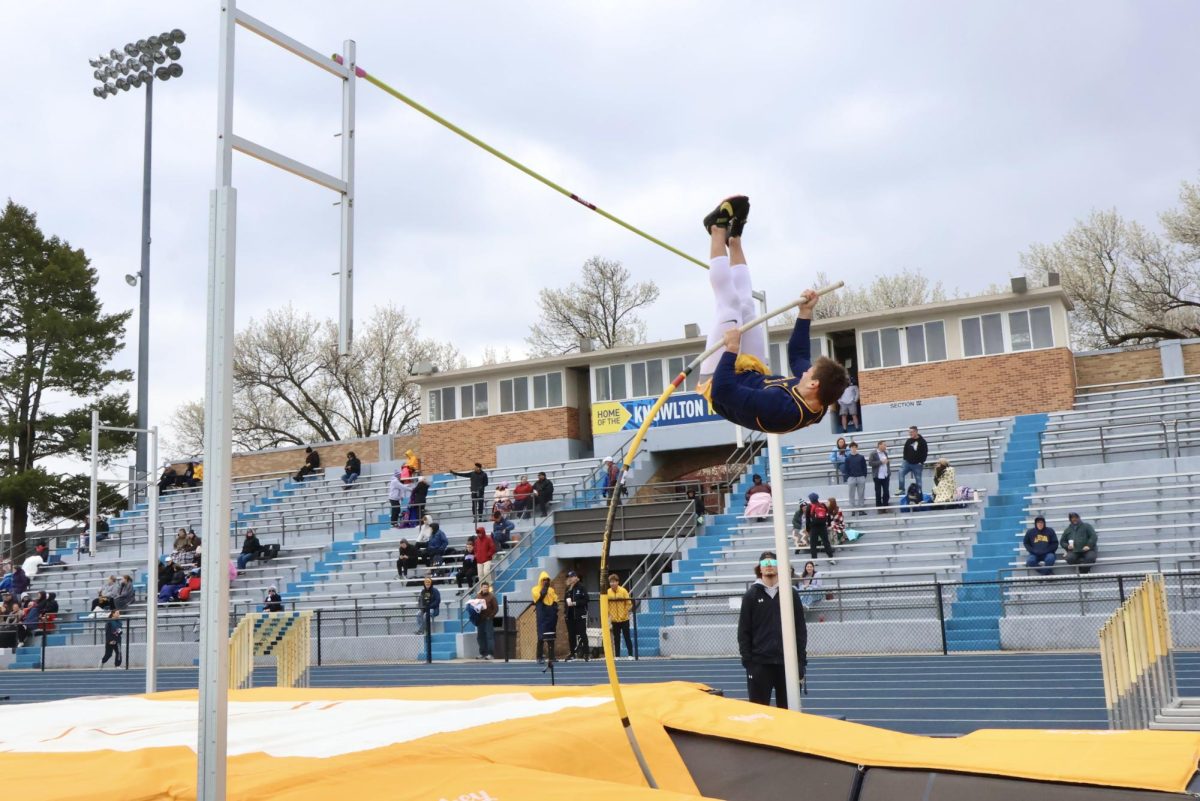Student Government Association adapts functions during COVID-19
March 17, 2021
Despite the challenges COVID-19 has brought this academic year, the Student Government Association (SGA) has worked hard to represent the student body’s needs.
According to Kaitlyn Watkins, the president of SGA, most of their objectives focus on developing open communication between students and administrators.
“We have centered our energy on making sure SGA is an organization applicable to students and that it is constantly advocating for them,” Watkins said.
Small changes like opening the lounges were ideas brought up during those conversations. During the fall, SGA advocated for the student body so clubs and organizations could have in-person meetings. “They [administrators] have been listening to our feedback and changing different practices to benefit students,” Watkins said.
SGA has a dual role in advocating for students and encouraging them to get involved in conversations. They have sent newsletters and statements regarding essential and challenging issues taking place on campus and nationally.
Last semester, SGA released posts and infographics to educate the community about voting locally and nationally. They hoped to keep students informed about their rights as citizens.
SGA is currently working on creating committees that can prioritize topics that students feel are getting a slow response from the administration. For example, Title IX. “For us, it is important to take action regarding important matters as soon as possible,” first-year senator Kaite Zaborenko said.
This year SGA has also connected more directly with faculty and staff. Through a rotating committee, SGA sent videos to faculty and staff of students and senators thanking them for their hard work.
“It is essential to have a student focus as we represent them. However, it is also necessary to recognize everyone on campus who is making our experience worth remembering, senator Isabelle Jordan, sophomore, said.
Knowing the spring semester can be more exhausting, SGA proposed implementing new interactive learning methods. One of them was having a movie day where students can connect a film to their class.
COVID-19 has affected the projects planned and the methodology of organizing them because SGA meetings have been largely online.
“It has been a challenge, and other members have told me it is more difficult to get the work done and create connections,” Jordan said.
Now, SGA is working on a hybrid model. “We all definitely feel more confident to keep working and working,” Zaborenko said.
SGA encourages students to get as involved as they can. They can participate in their weekly meetings by using the Zoom link sent in the Student Bulletin. Recently, they have been sending Google Form emails asking students for their opinion on issues, for example expanding Westerlin Market hours.
As they are getting closer to wrapping up the year, the vice president and president of SGA are currently working on realizing a college financial report alongside the administration. With this, students will be informed on how their tuition is spent. Among other future projects is a social justice event and a project alongside facilities to recognize Earth Day.
Despite the challenges, SGA has managed to carry out its projects effectively. “[COVID-19] made us work harder, and we all make sure to keep an eye on each other’s mental health,” Zaborenko said.
During a recent COVID-19 briefing President Bahls and Dean Brooks insisted classes in the fall will be in-person with the potential of campus organizations working together in-person too.
“The entire executive board and senate have done so much work to serve the student body in a year of crisis,” Watkins said.





































































































